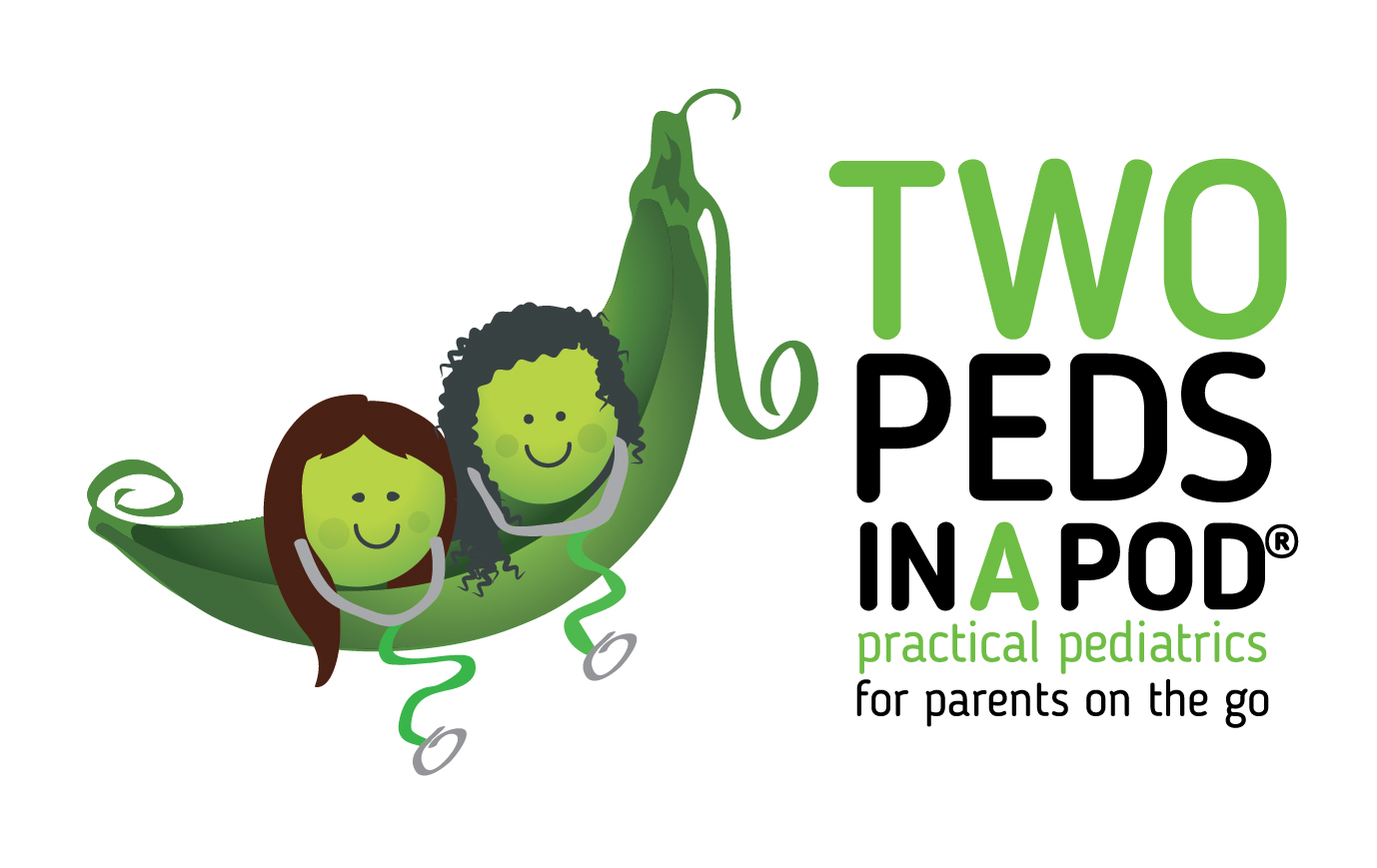 Yesterday morning we were aghast to read medical misinformation in the print edition of our local newspaper. Aghast, because we were the pediatricians interviewed for the content of a summer time tips article.
Yesterday morning we were aghast to read medical misinformation in the print edition of our local newspaper. Aghast, because we were the pediatricians interviewed for the content of a summer time tips article.
Although a more accurate online version appeared, the print version contained several inaccuracies.
How can you tell if the medical article you are reading is accurate?
- Readers should always question what they read, and cross check to see if the information is consistent when compared with other credible sources. In this instance, we served as the “expert” sources of two articles for the same publication (print and online), yet the articles contain conflicting medical information. Cross reference our information with other experts in our field, such as the American Academy of Pediatrics, the Centers for Disease Control, and of course your own pediatrician.
- Look twice if the interpretation of the information is coming from a secondary source. The information we give on Two Peds in a Pod is “straight from the horse’s mouth.” We edit and publish our own material. In our office, we talk to patients directly. Remember that “telephone” game you played at birthday parties? The message changes the more intervening people are involved in relaying information.
- Medical information changes as new discoveries occur and more studies are conducted. There is a saying in medical school, “Even though half of what you learn in medical school will be inaccurate in ten years, learn it all, because you don’t know which half will be disproven.” We keep up with evolving knowledge in pediatrics by reading journals, taking courses, reviewing cases with our colleagues, and retaking our medical boards on a scheduled rotation. Be sure you read information that is current as well as backed by credible sources.
Despite our dismay at the inaccuracies in the print version, you will find the online article helpful. In addition, please check our prior summertime posts about bee stings, Lyme disease, tick removal, poison ivy, splinter removal, and stay tuned for near-future articles about swimming and sunscreen.
Whoever said, “You can’t believe everything you read on the internet,” was right… except perhaps this time.
Julie Kardos, MD and Naline Lai, MD
©2013 Two Peds in a Pod®



